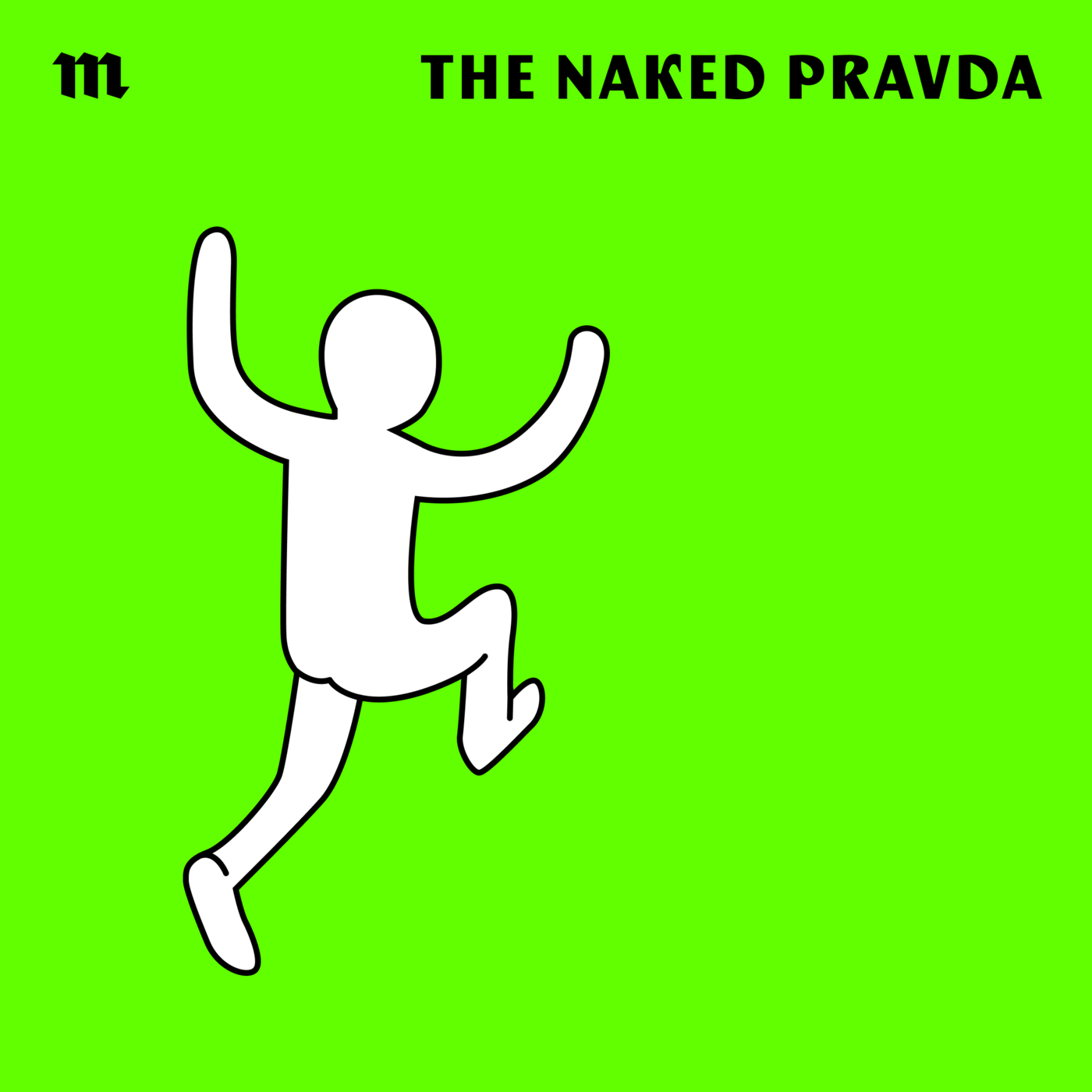Migration and discrimination in Putin’s Russia
Description
It’s no secret that the economies of Central Asian countries like Uzbekistan, Kyrgyzstan, and Tajikistan rely heavily on labor migration to stay afloat. In 2022, according to the International Organization for Migration, remittances from Russia accounted for just over half of Tajikistan’s GDP, and made up more than 20 percent of the GDPs of Kyrgyzstan and Uzbekistan. Many of the workers sending these remittances are their families’ sole breadwinner — and given the lack of employment opportunities at home, working in Russia is often their best option, even if means dealing with a maze of bureaucracy and relentless discrimination.
The aftermath of last month’s terrorist attack in Moscow has brought the xenophobia that Central Asian migrants face in Russia back into the spotlight, with media outlets reporting on a surge in blatant discrimination and, in some cases, targeted violence. Meanwhile, the Russian authorities have launched a renewed crackdown on migrant workers. This is despite the fact that Russia, with its shrinking population and labor shortage made worse by the war, needs migrants to keep its economy functioning.
To learn about Russia’s migration policy under Vladimir Putin and how the xenophobic backlash to last month’s attack has affected ethnic and religious minorities, The Naked Pravda spoke to Moscow Times special correspondent Leyla Latypova; Carnegie Russia Eurasia Center fellow Temur Umarov; and political scientist Caress Schenk, an associate professor at Nazarbayev University.
And be sure to check out Temur Umarov’s previous appearance on The Naked Pravda: How Russia pressures Central Asian migrants into military service.
Timestamps for this episode:
(2:35 ) Xenophobia in the wake of the Crocus City Hall attack
(16:55 ) Russia’s dependence on migrant labor
(27:35 ) How Russia uses migration policy for political aims
(31:25 ) The migration-extremism fallacy
(39:13 ) The long-term effects of Russia’s current migration crackdown
Как поддержать нашу редакцию — даже если вы в России и вам очень страшно





